Across the United States, higher education institutions and their international students are facing a growing climate of fear, confusion, and disruption. Since April 14, according to NAFSA, nearly 1,300 international students and scholars have either had their U.S. visas revoked or their SEVIS records terminated. The consequences are serious—students can lose their legal status, be detained, or even deported, often without notice.
This surge in visa-related actions is part of an intensifying campaign by the Trump administration to exert control over U.S. colleges and universities, particularly those that enroll foreign students or support diversity initiatives. Universities are finding themselves caught between their responsibility to protect students and increasing pressure from federal authorities demanding access to student records.
Table of Contents
Tense Climate
Emails and letters from the Department of Homeland Security are reaching international student offices across the country with urgent demands. In some cases, universities are given as little as three business days to provide sensitive student data—under the threat of losing their ability to sponsor international students.
Staff members, many of whom have spent years supporting international students, report feeling helpless. On private forums, they share stories and advice about how to resist federal orders while safeguarding the students they serve. Many are now checking the SEVIS database daily, knowing that one unnoticed deletion could leave a student vulnerable to legal consequences.
Silent Terminations
One of the most alarming trends is the quiet erasure of SEVIS records. Officials often do not notify schools—or the students themselves—when records are terminated. Without active monitoring, institutions may not even realize a student’s legal status has been compromised.
When a SEVIS record is deleted, students are suddenly unable to work, travel, or transfer schools. Even basic actions, like visiting family or applying for internships, can result in detention or deportation. One international adviser explained that what used to be a once-per-semester routine check has now become a daily safeguard.
Targets Without Warning
There appears to be no consistent pattern in who is affected. While early reports noted a disproportionate impact on students from Middle Eastern and majority-Muslim countries, recent data shows that students from all over the world are now vulnerable. Grounds for visa actions have included old traffic violations, attendance at peaceful protests, and even vague accusations related to social media posts.
Some students have reportedly been flagged because their presence in the United States was determined to have “adverse foreign policy consequences,” or under a catch-all reason labeled simply as “other.” These categories, lacking clarity or transparency, leave students in an impossible position—with no clear recourse or explanation.
Strain on Institutions
It’s not just students who are at risk. Institutions that resist government demands are also facing consequences. Federal funding has already been stripped from major universities including Harvard, Princeton, Columbia, and Cornell. The reasons cited range from failing to release student records to refusing to eliminate diversity, equity, and inclusion (DEI) initiatives or canceling specific academic programs.
Harvard, for instance, has pushed back strongly against the federal demands. In response, the U.S. Department of Homeland Security has escalated actions—cutting more funding, threatening the university’s tax-exempt status, and warning of possible loss of its license to admit international students.
A Community in Crisis
For many staff working in international offices, the situation is emotionally exhausting. They’ve spent their careers helping students thrive in the U.S., and now find themselves unable to protect them from threats they cannot fully see or stop.
As former international student and professor Somdeep Sen wrote in Al Jazeera, “every international student in America today must accept that they may be abducted, detained and deported at any moment for attending a protest, writing an article or expressing a view.” That level of uncertainty and fear is reshaping what it means to study in the United States today.
With legal, political, and ethical tensions mounting, colleges are being forced to choose between compliance and conscience. As this crisis deepens, both students and staff are left with a single, overwhelming question: what happens next?
FAQs
What is a SEVIS record?
It’s a government record tracking international student status.
Why are SEVIS records being terminated?
Often without warning, for vague or political reasons.
Can a student stay in the U.S. after termination?
No, it can lead to loss of legal status and deportation.
Are some nationalities targeted more than others?
Early reports focused on Muslim-majority countries, now it’s broader.
What happens if a college doesn’t comply?
They risk losing federal funds or visa certification.

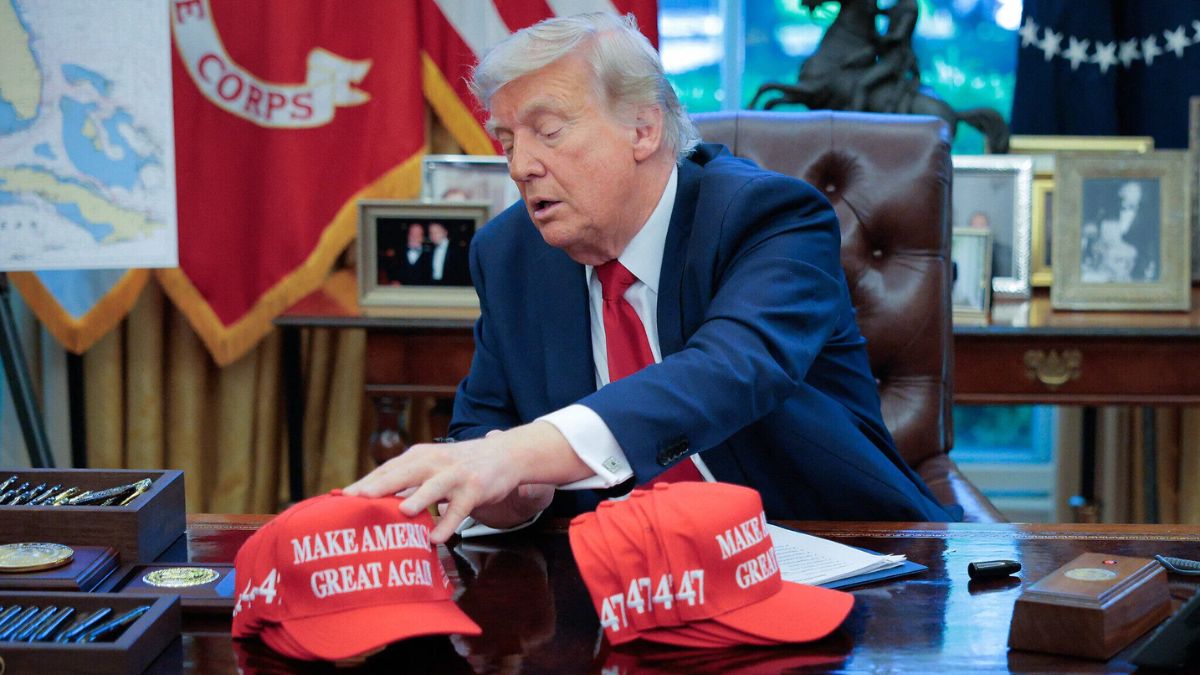



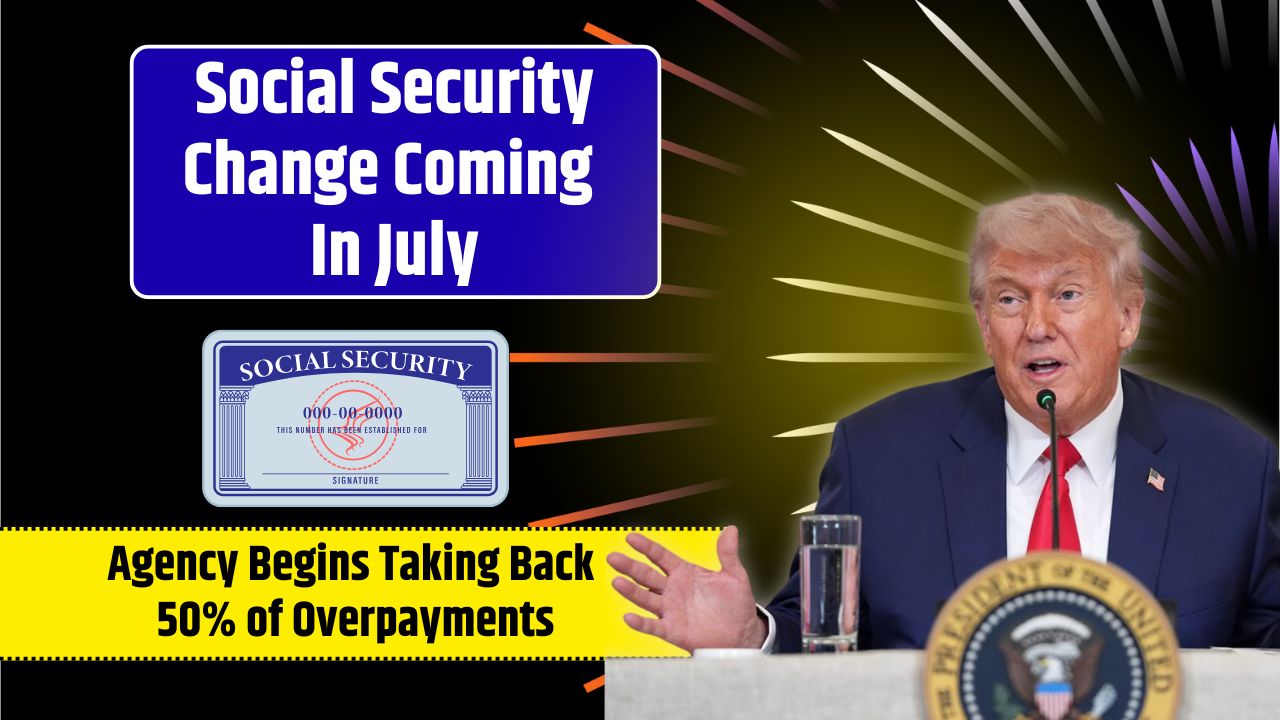

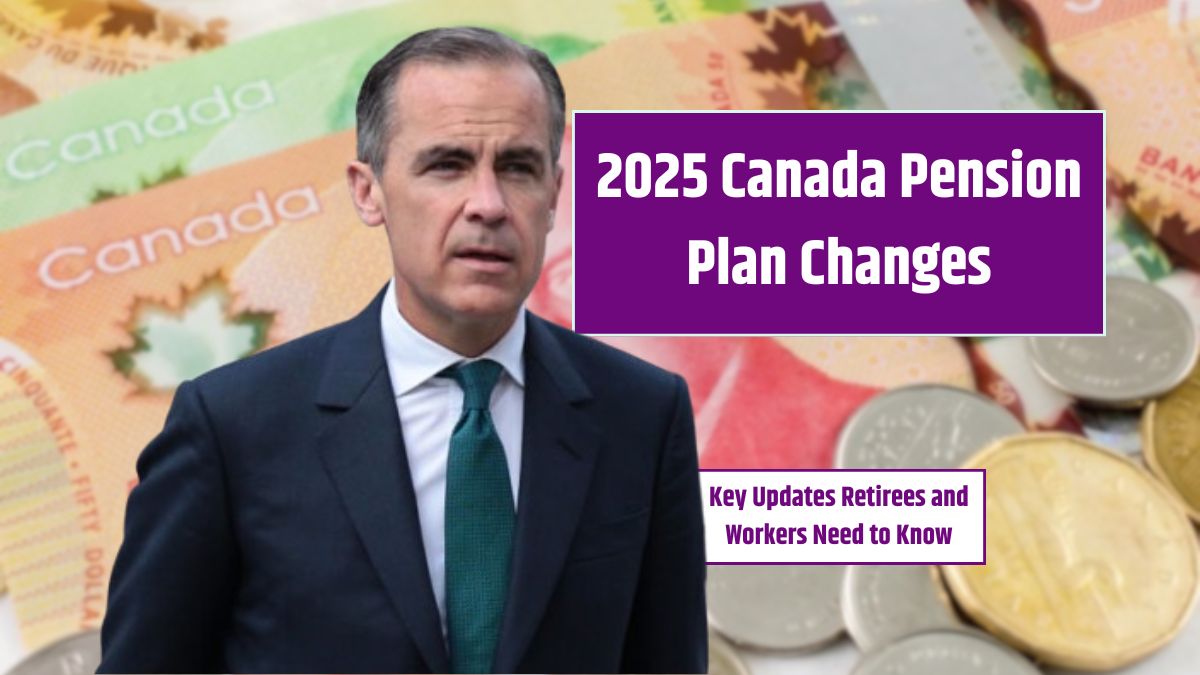
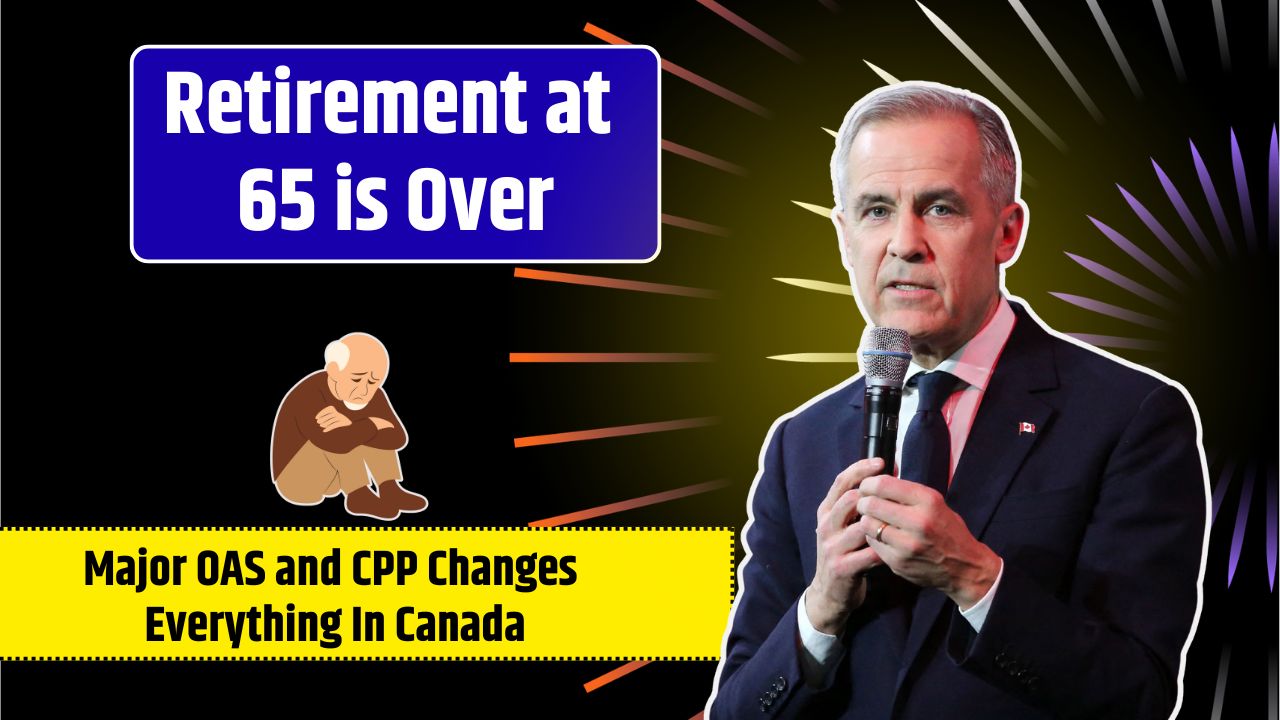





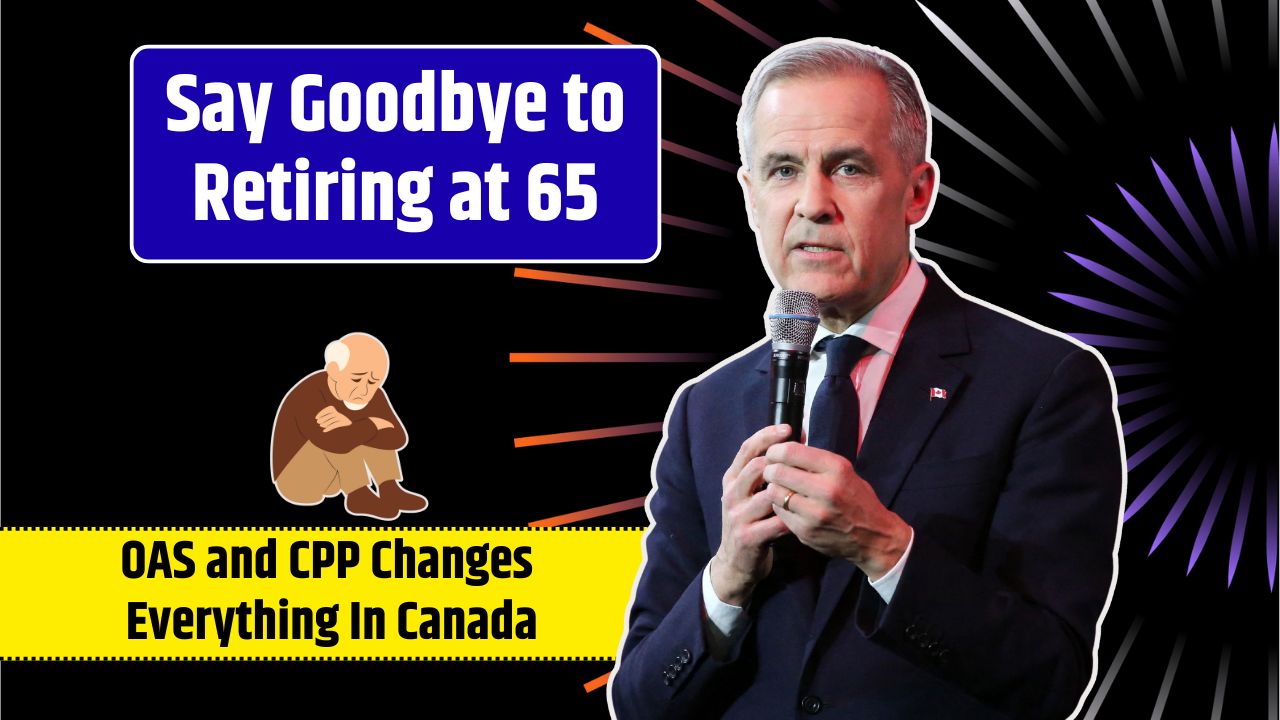










I have been surfing online longer than 4 hours today,
and I hardly ever found a casino like quantum ai that offers this kind
of solid content. It’s totally worth it.